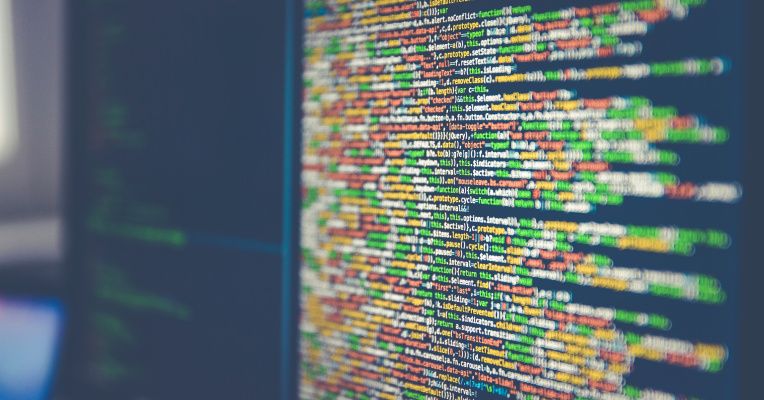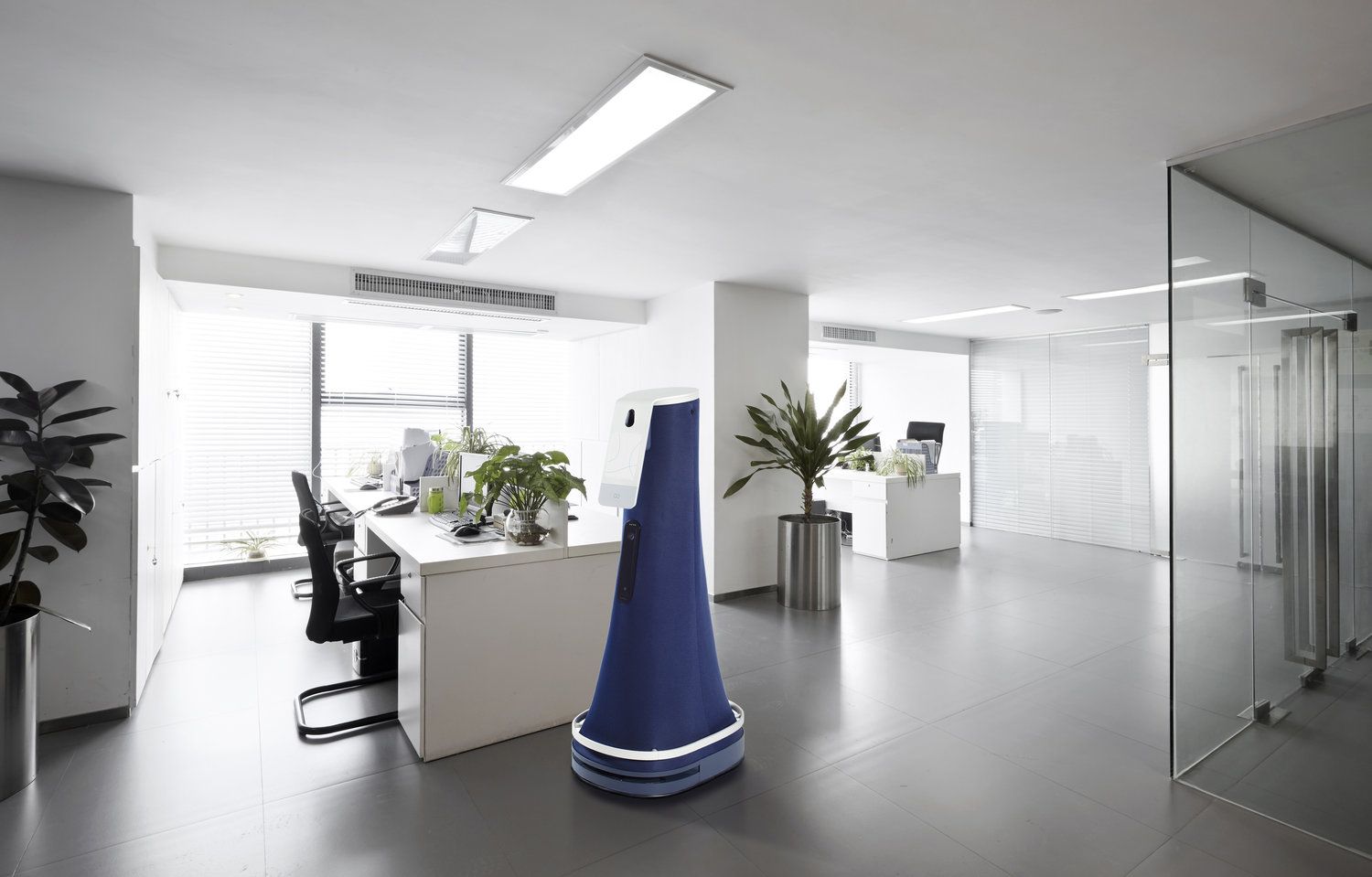Archive for the ‘security’ category: Page 111
Mar 29, 2017
Tallinn Manual 2.0 – the invaluable guide for state action in cyber space
Posted by Roman Mednitzer in categories: governance, law, security, space
Following the principle set in the first version, Tallinn Manual 2.0 – a document that provides guidance on how the existing international law could be adapted to cyber operations in the most appropriate way – reiterates that cyber activity should not be perceived as happening in a legal vacuum.
Estonia has become one of the forerunners and success stories of introducing digital identity, e-governance and an online voting system. The e-residency programme, which allows foreign citizens living outside of the physical national borders of Estonia to obtain a secure digital identity and benefit from some of the services available, has further increased the interest in Estonia’s digital developments, contributing to Estonia’s image as one of the world’s most digitally advanced countries.
This impressive degree of integration means e-dimension is no longer solely the playfield of the IT sector. As this new dimension is rapidly gaining ground, various topics need to be addressed, including (and perhaps most importantly) security.
Continue reading “Tallinn Manual 2.0 – the invaluable guide for state action in cyber space” »
Mar 26, 2017
Firefighter Helmets Now Have Built In Thermal Imaging
Posted by Shane Hinshaw in category: security

A fire protection and security company recently launched a new product called the “Scott Sight,” a face mask that incorporates thermal imaging with a display screen.
Tyco’s Scott Safety is bringing a big upgrade to the field of firefighting with their newly released product, the Scott Sight. This hands-free device is the first in the industry that incorporates an in-mask thermal intelligence system, according to an April 18th press release from the fire protection and security company.
Continue reading “Firefighter Helmets Now Have Built In Thermal Imaging” »
Mar 22, 2017
Europe has a five year project to scale up molecular biocomputers which could outperform quantum computers
Posted by Simon Waslander in categories: computing, quantum physics, security
Electronic computers are extremely powerful at performing a high number of operations at very high speeds, sequentially. However, they struggle with combinatorial tasks that can be solved faster if many operations are performed in parallel.
The EU Horizon 2020 has launched Bio4Comp, a five-year €6.1M project to build more powerful and safer biocomputers that could outperform quantum computing.
The Bio4Comp project has the ambitious goal of building a computer with greater processing speed and lower energy consumption than any of the most advanced computers existing today. Ultimately, this could translate into enabling large, error-free security software to be fast enough for practical use, potentially wiping out all current security concerns.
Mar 16, 2017
Secure Data Storage
Posted by Klaus Baldauf in categories: computing, satellites, security
Launching small satellites with big storage capacities using the highest levels of security. Sensitive information is securely stored off-planet.
Mar 14, 2017
Your brain is unique – here’s how it could be used as the ultimate security password
Posted by Carse Peel in categories: finance, internet, mobile phones, neuroscience, privacy, security
Biometrics – technology that can recognise individuals based on physical and behavioural traits such as their faces, voices or fingerprints – are becoming increasingly important to combat financial fraud and security threats. This is because traditional approaches, such as those based on PIN numbers or passwords, are proving too easily compromised. For example, Barclays has introduced TouchID, whereby customers can log onto internet banking using fingerprint scanners on mobile phones.
However, this is not foolproof either – it is possible to forge such biometrics. Fingers can after all be chopped off and placed by impostors to gain fraudulent access. It has also been shown that prints lifted from glass using cellophane tape can be used with gelatine to create fake prints. So there is a real need to come up with more advanced biometrics that are difficult or impossible to forge. And a promising alternative is the brain.
Emerging biometric technology based on the electrical activity of the brain have indeed shown potential to be fraud resistant. Over the years, a number of research studies have found that “brainprints” (readings of how the brain reacts to certain words or tasks) are unique to individuals as each person’s brain is wired to think differently. In fact, the brain can be used to identify someone from a pool of 102 users with more than 98% accuracy at the moment, which is very close to that of fingerprints (99.8% accuracy).
Mar 13, 2017
DeepCoder builds programs using code it finds lying around
Posted by Shailesh Prasad in categories: robotics/AI, security
Like all great programmers I get most of my code from StackOverflow questions. Can’t figure out how to add authentication to Flask? Easy. Want to shut down sendmail? Boom. Now, thanks to all the code on the Internet, a robot can be as smart as a $180,000 coder.
The system, called DeepCoder, basically searches a corpus of code to build a project that works to spec. It’s been used to complete programming competitions and could be pointed at a larger set of data to build more complex products.
From the paper:
Continue reading “DeepCoder builds programs using code it finds lying around” »
Mar 3, 2017
America Needs a Space Corps
Posted by Klaus Baldauf in categories: government, security, space
American space power stagnated under U.S. Air Force stewardship a long time ago. [1] Congress observed this situation nearly 25 years ago, as the epigraphs above indicate. However, nothing substantive was done to fix the problem.
This article recommends the creation of a U.S. Space Corps in the Department of the Air Force as an initial step to set American space power on a path to reach its full potential.
Ultimately, America’s national security interests in space will best be served when Congress creates an independent Space Corps, just as it created independent services for land, sea and air, uniting them under the Department of Defense.
Mar 2, 2017
Indoor security robot reads badges, flags open doors and more
Posted by Saúl Morales Rodriguéz in categories: information science, robotics/AI, security
(Tech Xplore)—Can you picture indoor security robots strolling around your workplace tomorrow? You might balk at the idea of militaristic rolling machines making people feel uncomfortable as they hunt for thieves and blunderers. Well Cobalt Robotics has come up with a different kind of indoor security robot.
The robots made news this week when IEEE Spectrum posted a video on Wednesday to show what they look like and what they do.
These are mobile robots designed to work alongside human guards. “Cobalt’s robots gather data using sensors like cameras and lidar, and process the information using machine-learning algorithms to detect and flag anomalies,” said IEEE Spectrum.
Continue reading “Indoor security robot reads badges, flags open doors and more” »
Feb 25, 2017
Is Quantum Networking The End of Man-in-the-Middle Attacks?
Posted by Karen Hurst in categories: internet, quantum physics, security
I currently have a lot of exciting information security writing and research that I’m engaged in. I’m eager to publish my ongoing work for my loyal readership! Meanwhile, if you really enjoy my writing for Tripwire, Alienvault, and Medium, consider supporting my Patreon. Like most people who write for the Internet for a living, I make very little money. Helping me buy groceries and public transit fare goes a long way, and every little bit counts. Thank you!

















